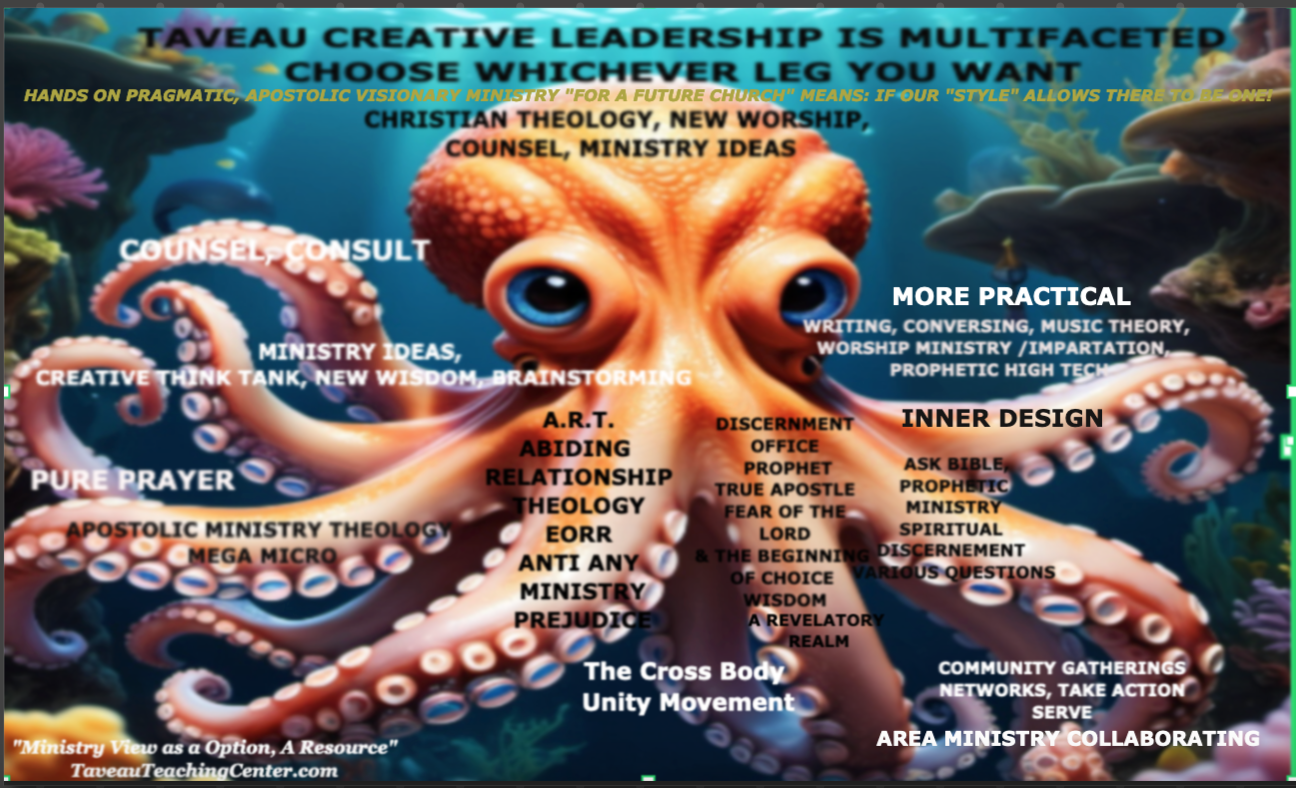What is Apostolic Calling?
An apostolic calling is a divine assignment given to individuals who are commissioned to serve as foundational leaders, sent out to establish, build, and oversee ministries or churches, often in new or uncharted spiritual territories. The term “apostle” comes from the Greek word apostolos, meaning “one who is sent out.” In the New Testament, apostles like Paul and Peter were sent to proclaim the Gospel, establish the early church, and bring spiritual order, often in challenging or hostile environments.
Apostolic calling typically involves:
- Foundational Leadership: Apostles serve as pioneers or spiritual architects, laying the foundation for churches and ministries through teaching, discipleship, and church planting.
- Spiritual Authority: Apostles carry a weighty spiritual authority to bring correction, guidance, and instruction to the Body of Christ, often dealing with doctrinal issues or leadership structure.
- Missionary Purpose: Those with an apostolic calling are sent into areas where the Gospel has not been established or is struggling to take root. They are often called to bring revival or spiritual renewal to regions in need of the Good News.
- Equipping Others: Apostles raise up and equip other leaders—pastors, teachers, evangelists, and prophets—helping the church grow and mature (Ephesians 4:11-13).
- Spiritual Warfare: Apostles often encounter significant spiritual opposition as they confront principalities, powers, and strongholds that resist the advance of God’s Kingdom
Apostolic Calling and Endurance
An apostolic calling is a high and often difficult calling that involves establishing, guiding, and nurturing the Body of Christ in various capacities. It requires spiritual authority, maturity, and resilience. However, enduring the trials of apostolic ministry is possible through the empowering presence of the Holy Spirit, grounding in God’s Word, reliance on prayer, and commitment to long-term vision.
Endurance in trials for apostolic leaders is not passive survival but an active, faith-filled process of trusting God’s plan, relying on His strength, and pressing on in obedience. Through suffering, challenges, and spiritual opposition, apostolic leaders are shaped, refined, and prepared for greater fruitfulness in the Kingdom of God. As James 1:12 reminds us, “Blessed is the man who remains steadfast under trial, for when he has stood the test he will receive the crown of life.”
Enduring Trials in Apostolic Ministry
Apostolic ministry comes with unique challenges that can include persecution, misunderstanding, isolation, and intense spiritual warfare. Enduring these trials requires both spiritual and practical wisdom. Here are steps to help endure trials in apostolic ministry:
1. Stay Rooted in God’s Word
Apostles must be deeply grounded in the Scriptures to maintain perspective during difficult times. Psalm 119:105 says, “Thy word is a lamp unto my feet, and a light unto my path.” Meditating on God’s promises and teachings provides strength and clarity.
- Example: In 2 Corinthians 11:23-28, Paul recounts the many trials he endured as an apostle—imprisonment, beatings, shipwrecks, and more. Despite all this, Paul’s confidence in God’s Word and His calling sustained him.
2. Depend on God’s Strength
Endurance in trials requires relying on God’s strength, not our own. Apostles, like other ministers, can become weary in the face of relentless opposition, but they are sustained by the power of the Holy Spirit. Isaiah 40:31 says, “But they that wait upon the Lord shall renew their strength; they shall mount up with wings as eagles; they shall run, and not be weary; and they shall walk, and not faint.”
- Example: Paul’s famous statement in 2 Corinthians 12:9-10, “For when I am weak, then I am strong,” highlights his complete dependence on God’s grace to sustain him in ministry, especially in times of trial.
3. Embrace God’s Process of Growth
Trials are often part of God’s process to refine and grow leaders. Romans 5:3-4 teaches, “We glory in tribulations also: knowing that tribulation worketh patience; and patience, experience; and experience, hope.” Apostolic leaders must understand that trials are not just obstacles but opportunities for spiritual growth and maturity.
- Example: Job endured great suffering but came out of his trials with a deeper understanding of God’s sovereignty and character (Job 42:5-6). Apostolic leaders can expect similar spiritual refinement.
4. Maintain a Long-Term Perspective
Apostolic ministry requires a long-haul vision. When immediate results are not visible or opposition is overwhelming, the apostolic leader must keep their eyes on the eternal impact of their work. Galatians 6:9 encourages, “Let us not be weary in well doing: for in due season we shall reap, if we faint not.”
- Example: Jesus, the ultimate apostle, endured the cross because of the joy set before Him (Hebrews 12:2). His example teaches us to keep our eyes on the bigger picture of God’s Kingdom and purpose.
5. Surround Yourself with a Supportive Community
Though apostolic leaders may feel alone in their mission, it is vital to cultivate relationships with others who provide spiritual support, encouragement, and accountability. Apostles like Paul often traveled with teams (Timothy, Silas, Barnabas) who helped him carry out the work and offer mutual encouragement.
- Example: In 1 Thessalonians 5:11, Paul exhorts believers to “encourage one another and build each other up.” Even those in apostolic roles need others to help them carry the load.
6. Commit to Prayer and Fasting
Prayer and fasting are essential spiritual disciplines for enduring trials. In times of great challenge, apostolic leaders must seek God’s presence for guidance, clarity, and renewed strength. Prayer brings divine alignment and enables apostolic leaders to discern God’s will amidst confusion or opposition.
- Example: Jesus fasted for 40 days before beginning His public ministry (Matthew 4:1-11). Likewise, Paul regularly prayed for the churches he established, and the early apostles fasted and prayed when making major decisions (Acts 13:2-3).
7. Recognize the Spiritual Nature of Opposition
Much of the opposition apostolic leaders face comes from the enemy, who seeks to disrupt the advance of God’s Kingdom. Ephesians 6:12 reminds us that “we wrestle not against flesh and blood, but against principalities, against powers, against the rulers of the darkness of this world.” Apostles must engage in spiritual warfare, using the full armor of God to stand firm in trials (Ephesians 6:13-17).
- Example: In Acts 16:16-18, Paul faced spiritual opposition from a demon-possessed girl, but through the authority given by God, he cast out the spirit and continued his mission.
8. Find Strength in the Cross of Christ
The cross is both the symbol of suffering and the source of victory. Apostolic resilience is strengthened by identifying with Christ’s suffering and His resurrection power. Philippians 3:10 says, “That I may know him, and the power of his resurrection, and the fellowship of his sufferings.”
- Example: The apostles were willing to suffer and die for the cause of Christ because they understood the transformative power of the cross. Their faith was built on the knowledge that Christ’s victory over death assured their ultimate triumph.

Paul’s Various Trials
QUESTIONS: Dr Taveau taveauteachingcenter@gmail.com
- (C)2024 Taveau D’Arcy Creative Leadership All copyrights reserved under international copyright laws.








